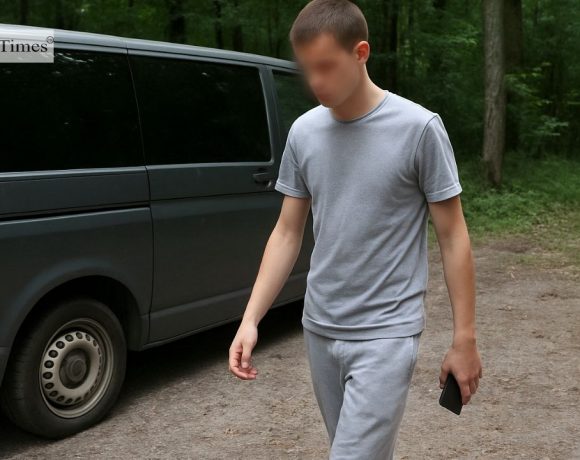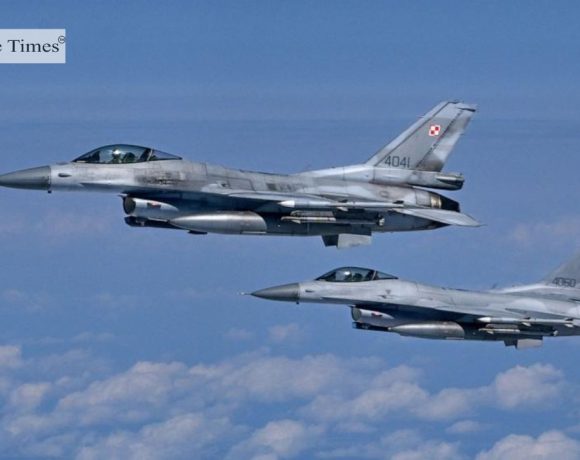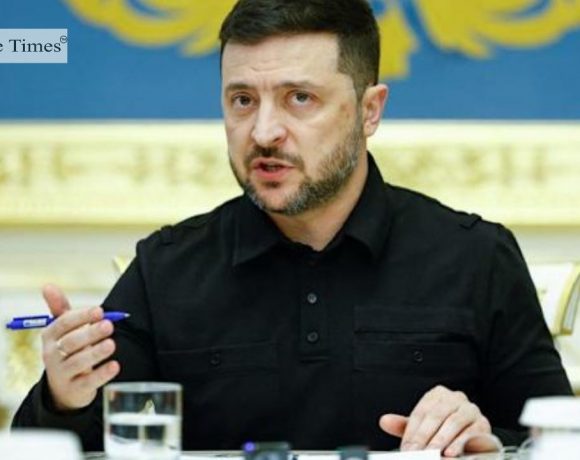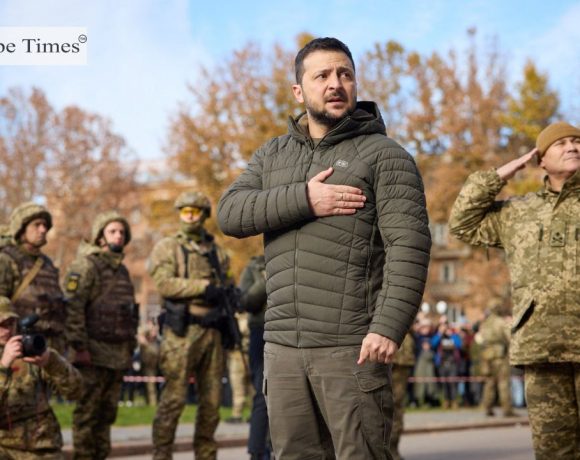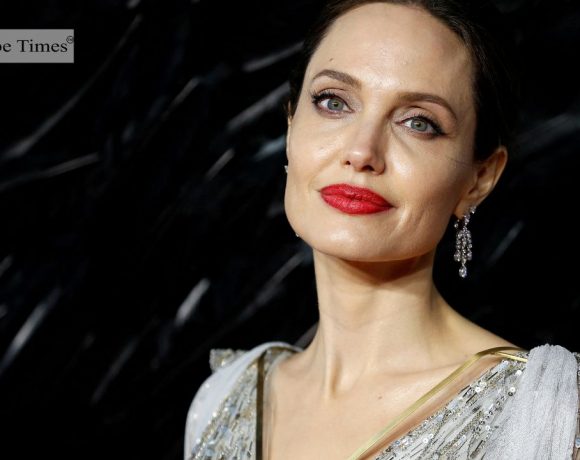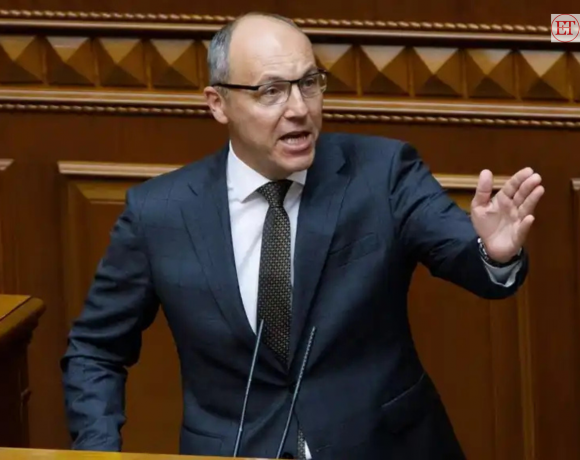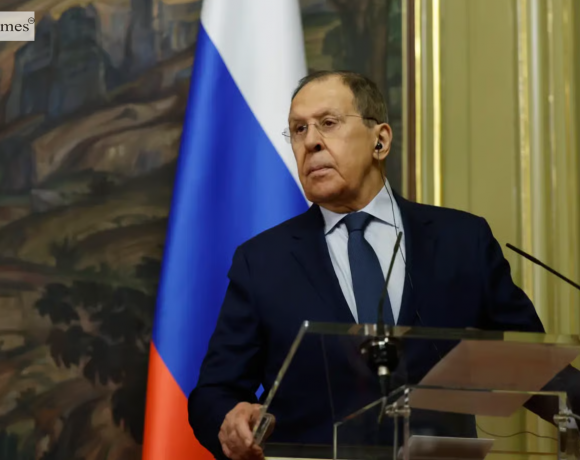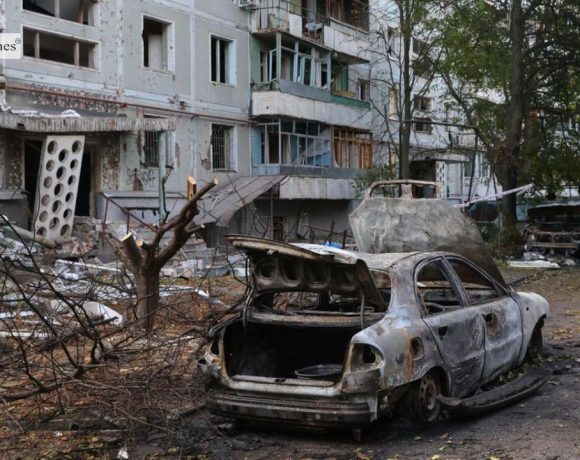
More than 600,000 people in Kyiv and surrounding areas were left without electricity after Russia launched a large-scale overnight attack targeting Ukraine’s energy infrastructure. Officials reported that over 36 missiles and nearly 600 drones were fired across multiple regions, leaving at least three dead and dozens injured. The majority of outages hit the capital, where emergency crews responded to fires and damaged residential buildings.
As winter sets in, Russia has intensified strikes on Ukraine’s energy grid, echoing previous years when civilians endured rolling blackouts. Kyiv Mayor Vitaly Klitschko confirmed that a 13-year-old was among the injured, while Dtek Energy said power had been restored to more than half of the affected households by Saturday afternoon. Ukraine’s Air Force reported intercepting 558 drones and 19 missiles despite the heavy bombardment.
The attack comes as Ukrainian and US officials prepare for talks on a revised peace plan backed by Washington. While President Zelensky has welcomed diplomatic efforts, he stresses Ukraine’s need to protect its sovereignty. Meanwhile, President Putin reiterated that Russia would only halt its offensive if Ukrainian forces withdraw from territory Moscow claims, as both sides brace for another harsh winter of conflict.
Pic Courtesy: google/ images are subject to copyright


